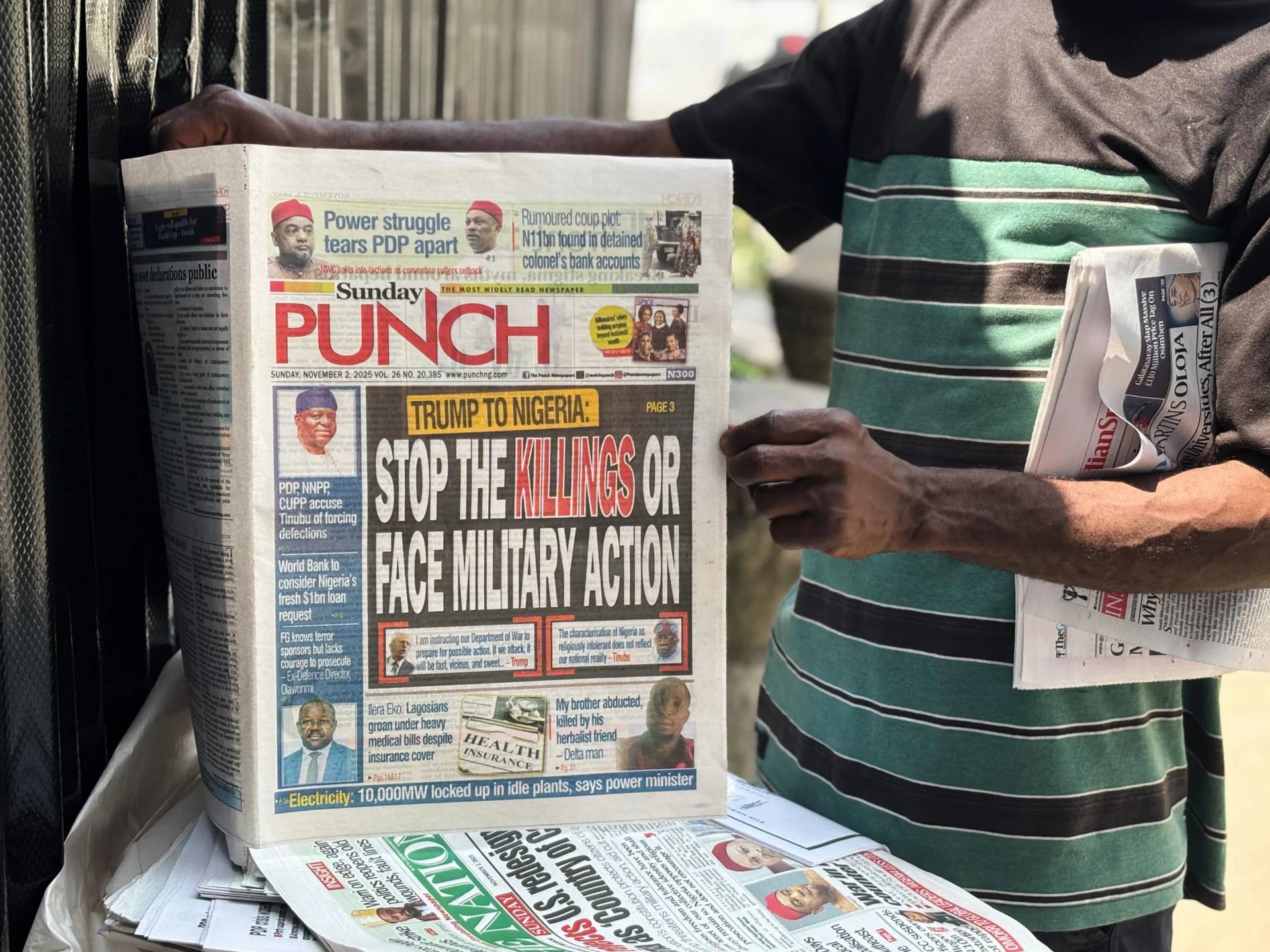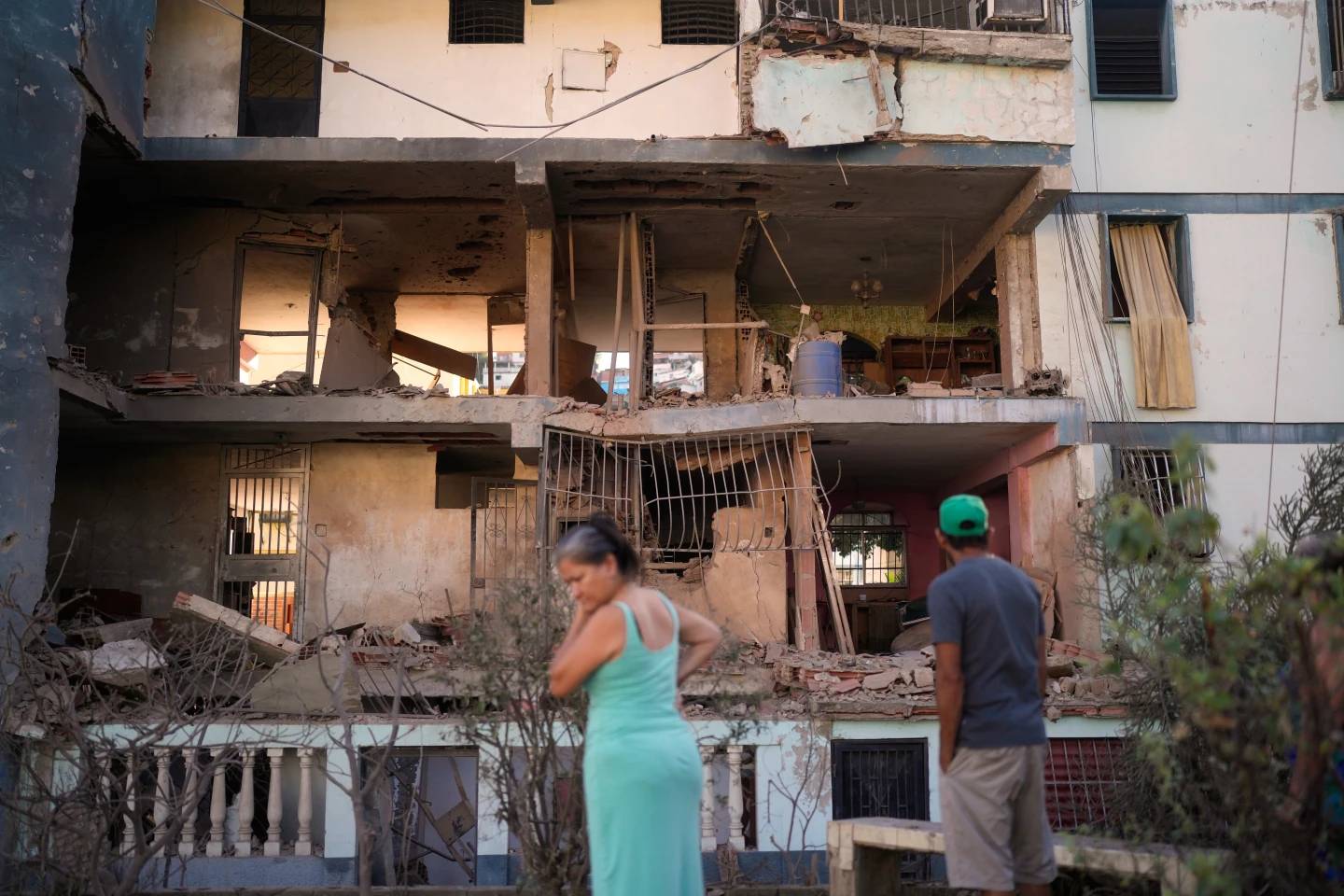ROME – Multilateralism in foreign relations, climate change, Africa, and poverty, all with an eye to a looming G-20 summit Hamburg, were among the topics discussed on Saturday by Pope Francis and German Chancellor Angela Merkel, marking the sixth encounter between the Argentine pontiff and the German politician recently dubbed the “new leader of the free world.”
Merkel afterwards spoke of a basic “harmony” with Francis on all those issues.
Pope Francis also used the occasion to express his condolences for the death of former German Chancellor Helmut Kohl, who died on Friday at the age of 87. Kohl, who brought Merkel into politics, presided over the unification of German after the fall of the Berlin Wall and was a strong proponent of European integration.
Shortly after the Saturday morning encounter with Francis, Merkel spoke with reporters at the Campo Santo Teutonico, a cemetery for German Catholics located on Vatican grounds.
Merkel told the press that she and Francis had talked about Africa during their 40-minute encounter, especially the role of the European Union in trying to promote economic development. She said the two leaders had also discussed the importance of “tearing down walls,” protecting the environment, and promoting a multilateral approach to solving global problems.
A Vatican statement issued later in the day largely echoed Merkel’s assessment, saying the meeting featured “issues of common interest … with special regard for the upcoming G20 meeting in Hamburg, and the parties agreed on the need to dedicate special attention to the responsibility of the international community in combating poverty and hunger, the global threat of terrorism, and climate change.
“Special remembrance was reserved to the former Federal Chancellor Helmut Kohl, who died yesterday, and his tireless work in favor of the unification of Germany and the unity of Europe,” the Vatican statement said.
Earlier this month, Merkel visited Mexico and the pope’s native Argentina on a trip designed to deepen Germany’s political and economic ties with Latin America, and she brought Francis several jars of dulce de lechea, a typical Argentinian sweet, as well as cookies from his country.
In turn, Francis presented Merkel, as he does with all heads of state, copies of several papal documents, in this case in their German translations. When Merkel jokingly asked if they were in Latin, Francis replied that he wanted to be sure they would be “easy to read.”
After seeing Francis, Merkel also met Italian Cardinal Pietro Parolin, the Vatican’s Secretary of State, and British Archbishop Paul Gallagher, in effect the Vatican’s foreign minister. Such meetings are typical for a visiting head of state. In all, Merkel spent roughly an hour and a half in the Vatican.
The upcoming G20 summit will be presided over by Merkel, with Argentina’s Mauricio Macri set to take over the rotating presidency next year. One topic expected to be discussed is a plan for African development floated by Merkel formally known as the “Compact for Africa,” and informally dubbed the “Merkel Plan.”
The idea behind the “Merkel Plan” is to reward African nations that offer good conditions for investors with an influx of foreign capital, designed to fuel job growth and, in consequence, to curb the waves of immigration from Africa into Europe. Germany expects 400,000 migrants from Africa to arrive in 2017 alone, and estimates are that Africa will need to generate 20 million new jobs every year if employment is to keep pace with population growth.
Pope Francis visited three African nations in November 2015, and repeatedly has called on wealthy Western nations to take a greater interest in Africa. As a result, it’s reasonable to think that in broad terms, the pontiff would be supportive of Merkel’s initiative.
Merkel also has supported a broadly welcoming stance on immigration, a theme of keen interest to Francis, and also shares the pontiff’s support for the Paris climate change accords, recently abandoned by President Donald Trump of the United States.
Pope Francis took special pains on Saturday to express his regret over the loss of Kohl.
“I would like to express my condolences to your family members and to you and to all the German people who empathize with the ‘Chancellor of the Unity,’” he said. “Chancellor Kohl, who is a great and trusted European man, has worked with foresight and dedication for the good of people in Germany and in the neighboring European countries.”
Written in German, the telegram also stated the Pope’s wish that the “Merciful God” will reward him “for his tireless efforts in favor of unity of Germany and the union of Europe, as well as for his commitment to peace and reconciliation.”
The night before the audience with Pope Francis, Merkel met at the German Embassy with Jesuit Fr. Hans Zollner, head of the Center for Child Protection at the Pontifical Gregorian University in Rome and a member of the Vatican’s Pontifical Commission for the Protection of Minors. Zollner said the two talked about the importance of protecting children from sexual abuse.















